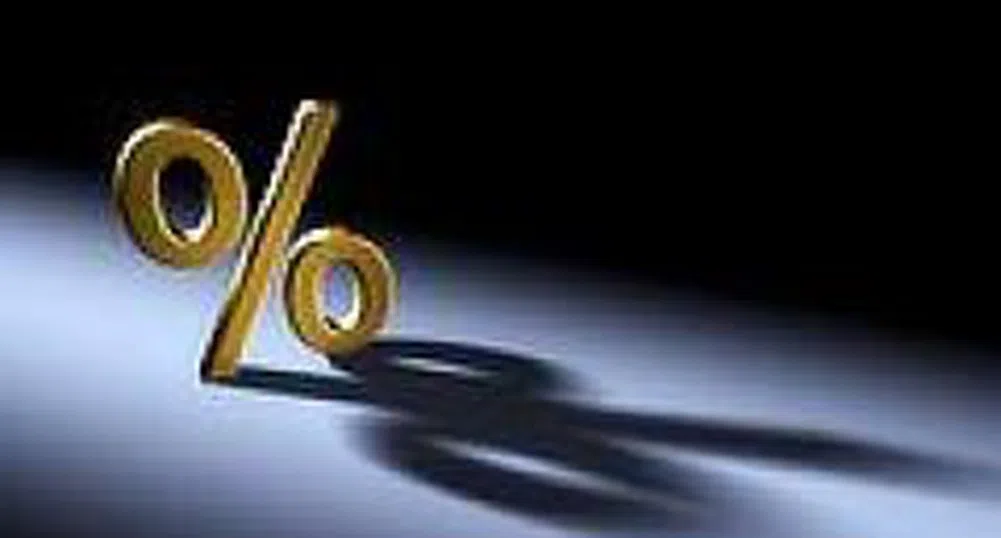Slovenia Inflation Probably Highest Since 2003, Survey Shows

Slovenian inflation probably accelerated last month to the highest in almost five years as oil and food costs kept pressure on consumer prices, a Bloomberg survey of economists shows.
The inflation rate probably climbed to an annual 6.1 percent in January, the highest since March 2003, from 5.6 percent the month before. Prices probably rose 0.3 percent in the month, according to the survey. The statistics office will publish the inflation report tomorrow at 10:30 a.m. in Ljubljana.
``It's going to be food and oil again driving consumer prices up,'' Benjamin Josar, analyst at Ljubljana-based KD Holding, said ``Inflation will slow when oil and other commodities get cheaper on world markets and when Slovenia gets a more competitive market among consumer goods retailers.''
The government's Institute for Macroeconomic Analysis and Development said yesterday that inflation may ease by summer if oil costs remain stable in the nation, which last year became the first former communist country to adopt the euro, Bloomberg points out.
``Inflation will still be pretty elevated in January and February, mainly because we had deflation this time last year,'' Bostjan Vasle, director of the institute said in Ljubljana yesterday.
Adoption of the euro contributed 0.6 percent to annual price increases, double what the institute estimated in April last year, Vasle said.
Slovenians, along with the Irish, are the biggest supporters of Europe's single currency, a poll published today by European Commission showed. Eighty-six percent of people responding said they are in favor of the single currency and the European Central Bank's monetary policy.
Eighty-six of those polled also said containing inflation should be the government's top priority, compared with 18 percent surveyed six months earlier.
The poll of 1,009 people was conducted between Sept. 25 and Oct. 21. No margin of error was given.
)
&format=webp)
&format=webp)

&format=webp)
&format=webp)
&format=webp)

&format=webp)